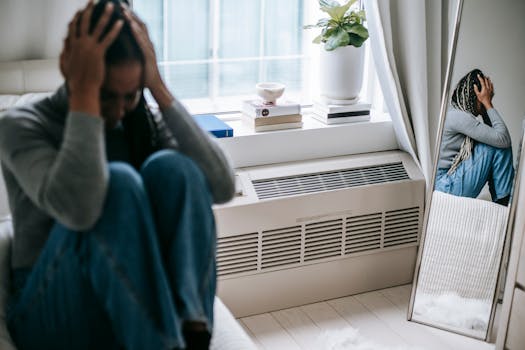
Regular Exercise for Improved Mental Health
Regular exercise is a crucial component of a healthy lifestyle, and its benefits extend far beyond physical health. Exercise has been shown to have a significant impact on mental health, reducing stress and anxiety, improving mood, and even alleviating symptoms of depression. In this article, we will explore the numerous benefits of regular exercise on mental health and provide tips for incorporating physical activity into your daily routine.
Reducing Stress and Anxiety
Exercise is a natural stress-reliever, and regular physical activity can help reduce symptoms of anxiety and depression. When we exercise, our body releases endorphins, also known as feel-good hormones, which help to improve our mood and reduce feelings of stress and anxiety. Regular exercise has also been shown to reduce the production of stress hormones, such as cortisol, which can contribute to anxiety and depression.
Improving Mood
Regular exercise has been shown to have a significant impact on mood, reducing symptoms of depression and anxiety. Exercise has been shown to increase the production of neurotransmitters, such as serotonin and dopamine, which help to regulate mood. Regular physical activity has also been shown to improve sleep quality, which is essential for maintaining good mental health.
Improving Cognitive Function
Regular exercise has been shown to have a significant impact on cognitive function, improving concentration, memory, and problem-solving skills. Exercise has been shown to increase blood flow to the brain, which helps to improve cognitive function and reduce the risk of age-related cognitive decline. Regular physical activity has also been shown to reduce the risk of dementia and Alzheimer’s disease.
Tips for Incorporating Exercise into Your Daily Routine
Incorporating exercise into your daily routine can be simple and fun. Here are a few tips to get you started:
- Find an activity you enjoy: Whether it’s walking, running, swimming, or dancing, find an activity that you enjoy and that makes you feel good.
- Start small: Begin with short periods of exercise, such as 10-15 minutes per day, and gradually increase the duration and intensity as you become more comfortable.
- Exercise with a friend: Exercising with a friend or family member can be a great way to stay motivated and accountable.
- Make it a habit: Incorporate exercise into your daily routine, such as first thing in the morning or right after work.
Conclusion
Regular exercise is a crucial component of a healthy lifestyle, and its benefits extend far beyond physical health. Exercise has been shown to have a significant impact on mental health, reducing stress and anxiety, improving mood, and even alleviating symptoms of depression. By incorporating physical activity into your daily routine, you can improve your overall health and well-being, and reduce the risk of chronic diseases.





